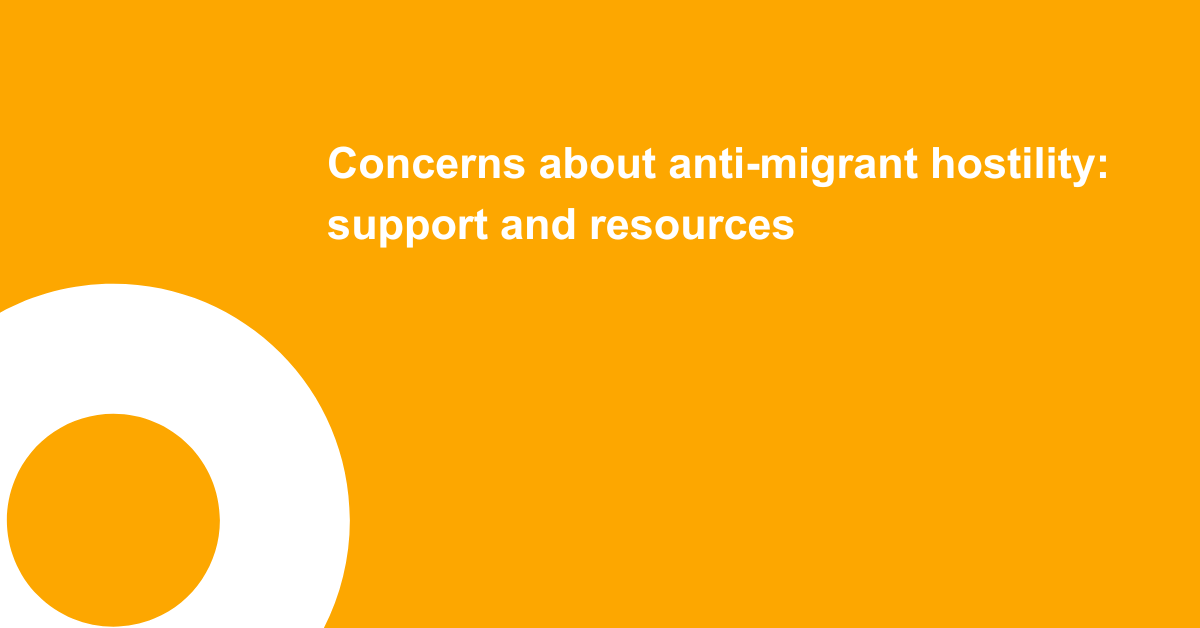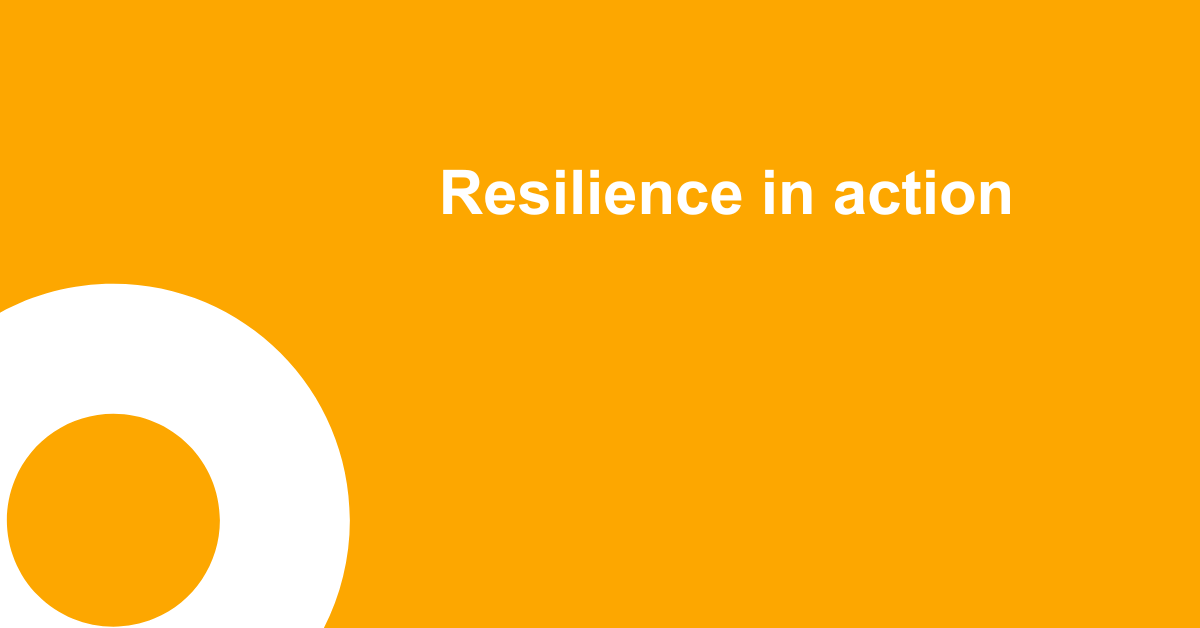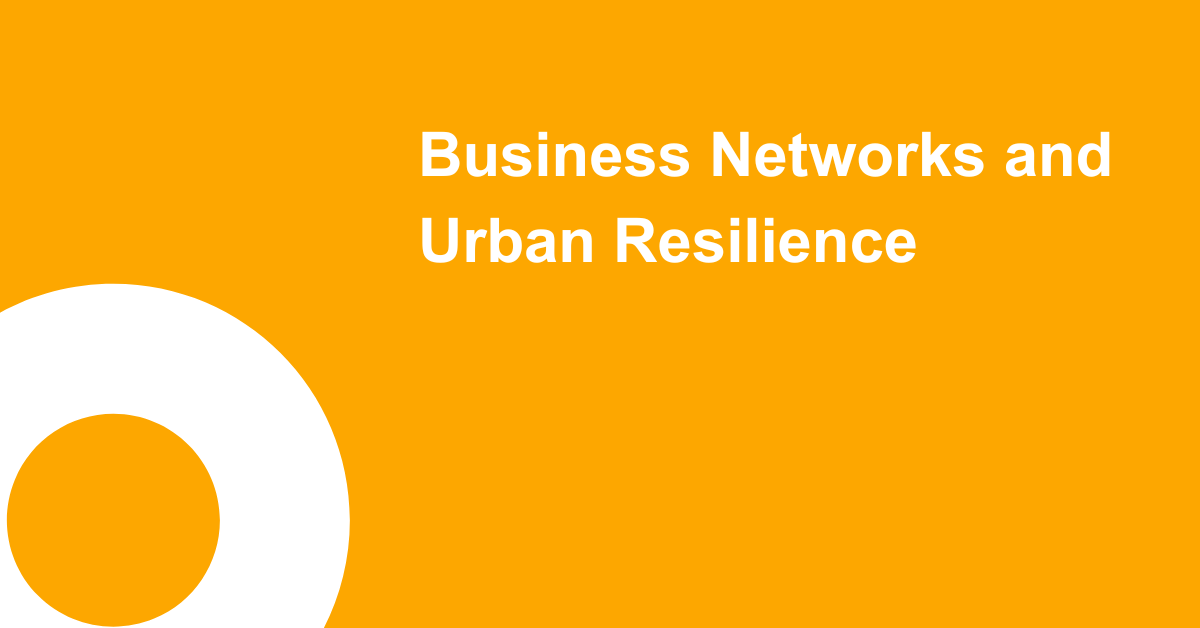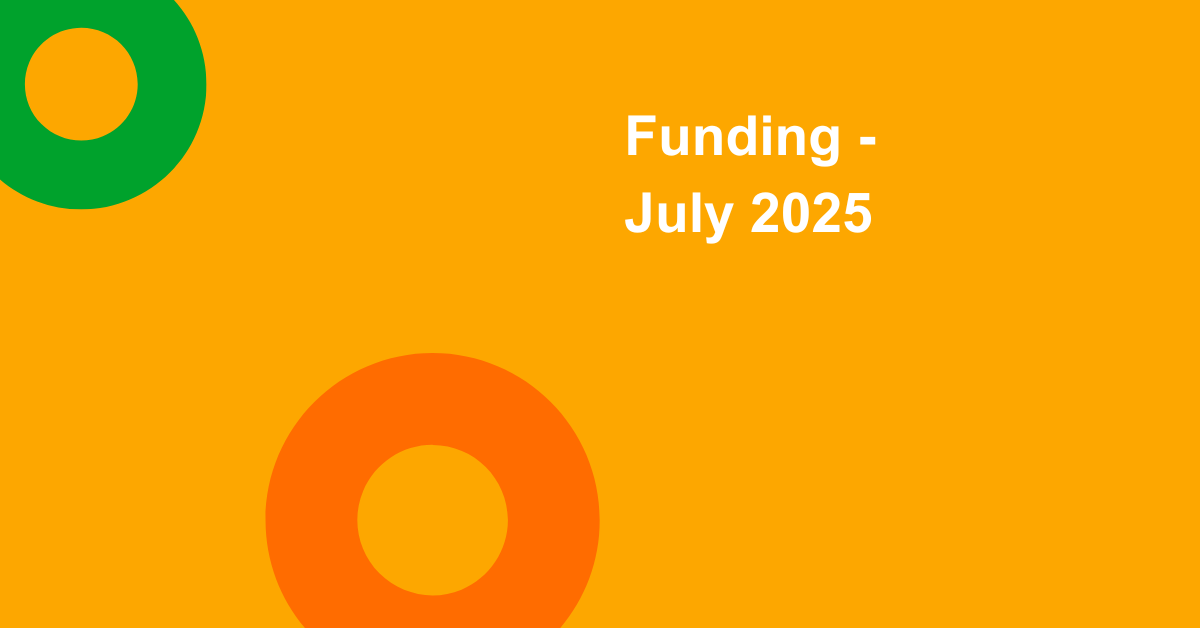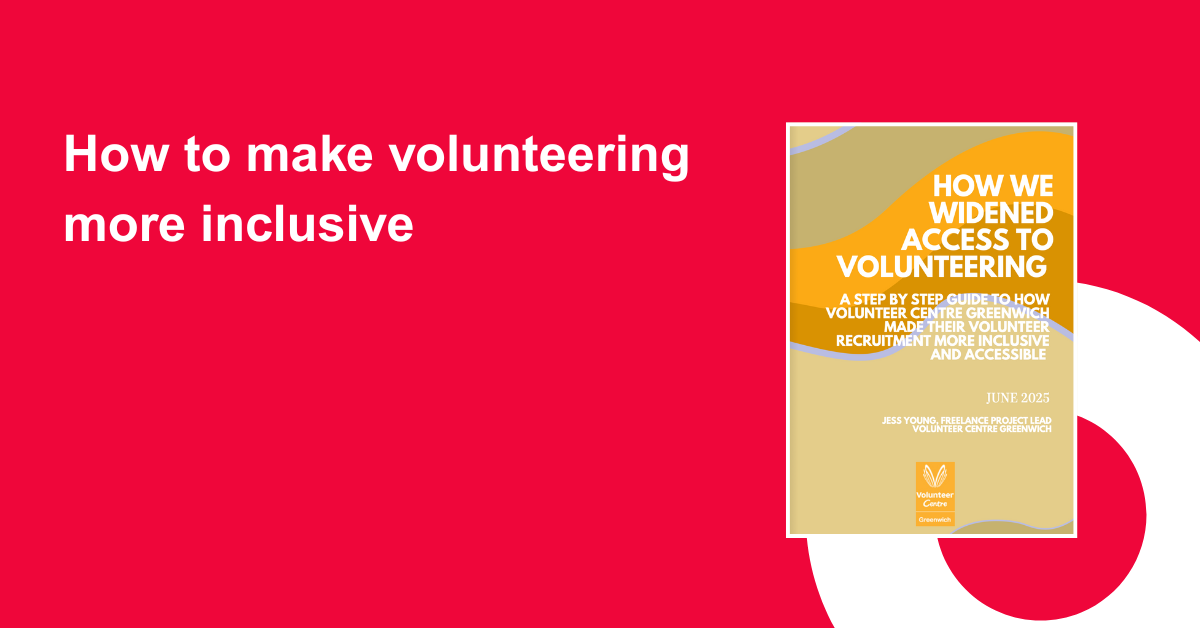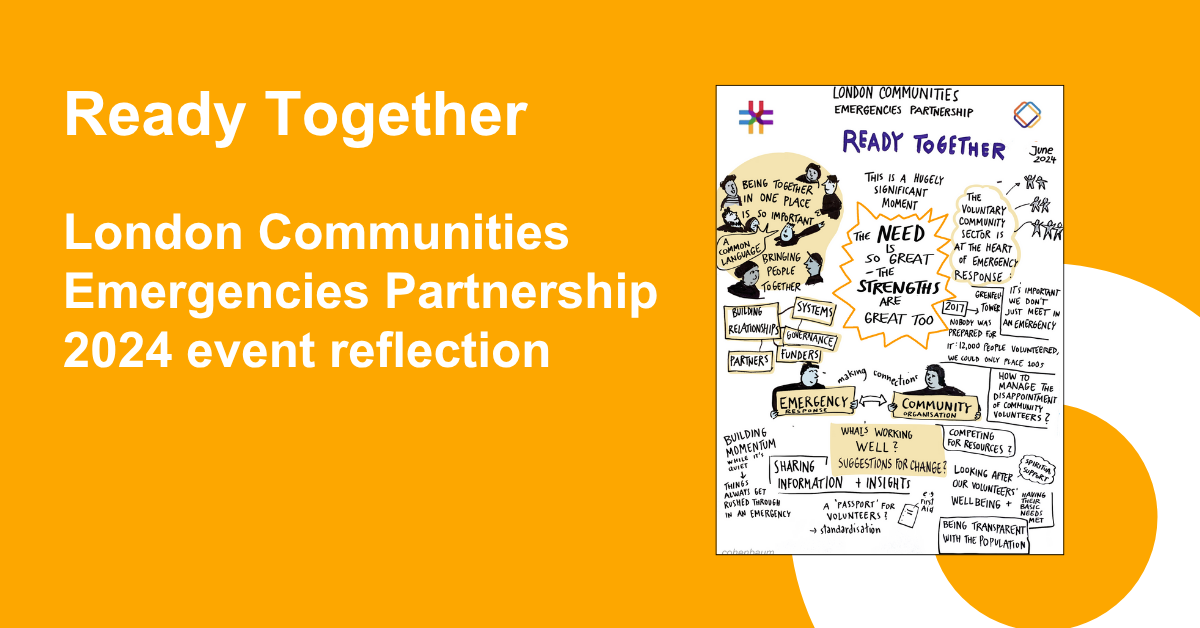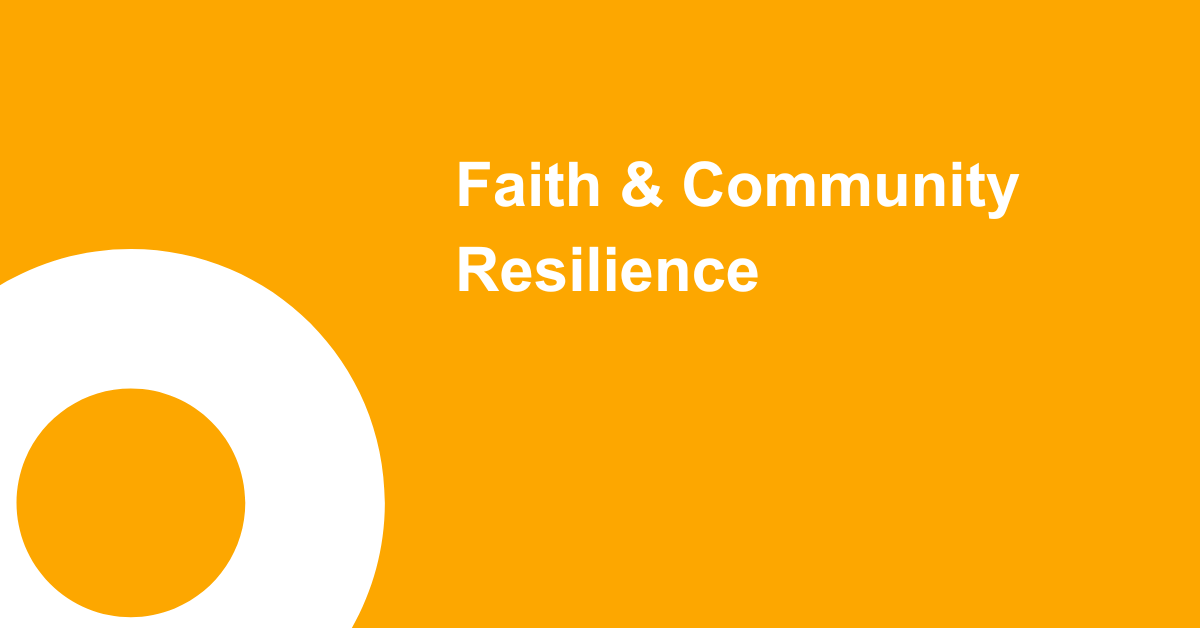Penny Chamberlain Researcher and Data Analyst
The first module of the UK Covid-19 Inquiry, focusing on resilience and preparedness, revealed a mixed picture of the government’s readiness for a pandemic. While the government’s response was flawed, the inquiry highlighted the important role played by volunteers, charities, faith groups, and community groups.
Findings
Emergency planning before the pandemic largely overlooked health and societal inequalities. There was a lack of understanding of how government measures and long-term risks would impact those with poor health, those experiencing poverty, and those living in other vulnerable conditions.1 This oversight led to significant gaps in the emergency response, exacerbating the challenges faced by these groups, and many of those who suffered and died were made vulnerable by systemic shortcomings.2
Detailed evidence
Evidence presented in the report from various charities and community groups showed that both the disease and the response to the emergency disproportionately affected those made vulnerable by systemic factors.2 Additionally, the government failed to properly engage with those who best understood local communities such as local authorities and the voluntary sector, including charities, faith groups, and community groups.3 This lack of engagement hindered the effectiveness of the response and highlighted the need for better collaboration in future crisis planning.
Contributions of volunteers, charities, faith groups, and community groups
Throughout the pandemic, volunteers, charities, faith groups, and community groups played an important role in providing essential services. They stepped up to deliver food and medicine to the elderly and other vulnerable people, and assisted with vaccination efforts.4 Despite their contributions, these organisations faced significant challenges, including a loss of income and increased demand for their services.5 The strain on resources and the overwhelming need for support highlighted the importance of a well-coordinated government response that included the voluntary sector from the outset.
Recommendations
The first inquiry report offers several recommendations to improve future preparedness, each involving charities, faith groups, and community groups.
-
Creation of a UK-wide independent statutory body
This body would focus on a whole-system civil emergency preparedness, resilience, and response. It would ensure that the voluntary sector is consulted at both national and local levels, leveraging their on-the-ground knowledge and experience.6
-
Regular pandemic response exercises
Conducting a UK-wide pandemic exercise every three years, with the participation of local resilience forums and representatives from the voluntary sector, would help to identify potential gaps and improve coordination among various stakeholders.7
-
Open access to past solutions and best practices
By sharing knowledge and experiences, all sectors, including the voluntary sector, can better prepare for future health emergencies. This approach would ensure that best practices are disseminated widely, enabling a more effective and impactful response when emergencies arise.8
Ongoing inquiry
The Covid-19 Inquiry is ongoing, with additional modules set to explore other aspects of the pandemic and its impact on the UK, such as healthcare systems, the care sector, and the economic response. These future modules will provide a wider understanding of the pandemics effects.
Strengthening London for the future
The work, effort, and value of charities and community groups in London during the pandemic cannot be understated.
In our ‘Tales of Covid’ report, we explore the challenges these charities and community groups faced, and the unique approaches they took to support communities across the capital.
At London Plus, we continue to support charities and community groups across London before, during and after an emergency through the London Communities Emergencies Partnership (LCEP). LCEP which is run jointly by London Plus and the Voluntary and Community Sector Emergencies Partnership supports charities and community groups to prepare for, respond to and learn from emergencies.
Learning from the Covid-19 Inquiry is ongoing, and we will use the findings from these modules to develop and strengthen LCEP in the future.
Together, we can tackle emergencies better.
- The Rt Hon the Baroness Hallett DBE Chair of the UK Covid-19 Inquiry (2024). UK Covid-19 Inquiry Module 1: The resilience and preparedness of the United Kingdom. p.59. Subsection 3.17.
- The Rt Hon the Baroness Hallett DBE Chair of the UK Covid-19 Inquiry (2024). UK Covid-19 Inquiry Module 1: The resilience and preparedness of the United Kingdom. p.70. Subsection 3.55.
- The Rt Hon the Baroness Hallett DBE Chair of the UK Covid-19 Inquiry (2024). UK Covid-19 Inquiry Module 1: The resilience and preparedness of the United Kingdom. p.116. Subsection 5.55.
- The Rt Hon the Baroness Hallett DBE Chair of the UK Covid-19 Inquiry (2024). UK Covid-19 Inquiry Module 1: The resilience and preparedness of the United Kingdom. p.ix.
- Reynolds, A.M. (2021). What new research tells us about the impact of COVID-19 on charities – Charity Commission. [online] charitycommission.blog.gov.uk. Available at: https://charitycommission.blog.gov.uk/2021/10/28/what-new-research-tells-us-about-the-impact-of-covid-19-on-charities/.
- The Rt Hon the Baroness Hallett DBE Chair of the UK Covid-19 Inquiry (2024). UK Covid-19 Inquiry Module 1: The resilience and preparedness of the United Kingdom. p.161.
- The Rt Hon the Baroness Hallett DBE Chair of the UK Covid-19 Inquiry (2024). UK Covid-19 Inquiry Module 1: The resilience and preparedness of the United Kingdom. p.124. Subsection 5.90.
- The Rt Hon the Baroness Hallett DBE Chair of the UK Covid-19 Inquiry (2024). UK Covid-19 Inquiry Module 1: The resilience and preparedness of the United Kingdom. p.130. Subsection 5.117.


